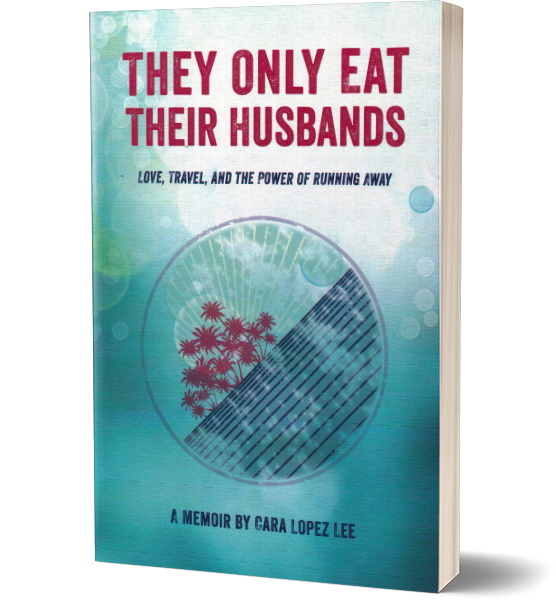A friend shared this video the other day, which I found both astonishingly beautiful and terrifying. It’s the largest glacier calving event ever filmed, in which a mass of ice the size of Manhattan breaks away from Greenland to collapse into the ocean.
Perhaps the scariest thing was that this happened back in 2008, and we humans haven’t changed our behavior much since. Nor is it clear that even if we did, we could turn back the tide of damage we’ve already done. I say “we,” because so long as I drive a car, use electricity, and throw out garbage, I continue to contribute to climate change. Sure, if I weren’t living from paycheck to paycheck, I could switch to solar energy. But even as a recycler who limits her driving, rides a bike as often as she can, and limits buying new things—which require energy to make—I’m not going to get to a zero carbon footprint. Not if I want to remain a functioning member of society, versus going off the grid and becoming the equivalent of a cave woman. Better people have tried. And I’m just one person.
The greenhouse effect is not all that complicated, but basic science that explains how trapped gases in the atmosphere retain the sun’s heat, much the way a greenhouse retains heat. Human use of the earth’s stored energy adds to those accumulated gases. When people get angry about the science, I suppose it’s because they don’t want to believe that we’re destroying ourselves, or that they don’t believe there’s much we can do about it. I can’t say I blame them.
Individuals aren’t going to scale back what they do, if nobody else does. We still compete for survival. So if Joe Blow’s ability to travel, drive a car, buy a better computer, enjoy the convenience of quickly produced goods, read at night, stay up on the latest pop culture, etc, is what helps him get a better job, why would he give up those things? All of those things consume energy. Only political will can force massive change, and as far as I can tell, it’s just not there. People are too afraid. We have built too much for too long on the foundation of an economic reality that has led us to the height of civilization. It certainly is a privilege to live at this time. All it will ultimately cost us is the human race.
I am no longer feeling a sense of blame or even fear around this idea. Only astonishment and wonder. Every species goes extinct sooner or later. That is nature. It’s just such an odd thing to consider the extinction of one’s own species. Maybe we could still do something to put it off, maybe it’s too late. I think it’s worth a try, but given that more people are surviving this emergency than not, I wonder if anyone will feel motivated. We are frogs in a pot. Someone has turned up the heat, but we probably won’t jump out until it’s too late. Are we really so sure that we’re the pinnacle of evolution, or of God’s creation? The bacteria will still be here long after we’re gone. Maybe the human brain, which gives us so much, is also what will undo us. Yin and yang, darkness and light, creation and destruction: they all go hand in hand.
I told my husband, “Seeing that video made me believe in a more visceral way than ever before that we are both cursed and privileged to see the first stage of the extinction of our own species.” Perhaps you will find this depressing, or even reject the notion. But remember this: my being here at all, your being here at all, is something of a miracle. Everything in the universe is transitory. To believe we are otherwise is hubris. So I choose to be grateful that I was here to witness this moment, standing on a precipice. To one side, I see how far we have come to what I believe may be the time of greatest opportunity for fulfillment as a human. To the other side, I see how far we may be about to plummet to our own demise, in a haze of war in competition for what remains after we have denuded and overheated our earth. It is both glorious and terrible.
Will the earth survive us? Of course she will. She is stronger than we are. But one day even she will go away.
This does not make me depressed, only grateful to have the opportunity to be here at all. Someday that opportunity will be no more. It might be worthwhile to spare a moment to feel some sadness that we have not, as a group, had the will to turn this human-caused tide. But perhaps we’re simply not as advanced as we’d like to think.
Then again, I still have faith that God, science, and humanity have some tricks up their sleeves I have not yet imagined. I do see good people trying every day to do the right thing, and this is always cause for hope: whether on the eve of destruction, or the dawn of a new day.
Maybe we will make a technological leap that will save us, and we’ll spread enlightenment across the galaxy, Star Trek style. Or maybe when our population is reduced to a few hundred we will return to atavistic tribal ways and find a new path to joy as earth begins to send green tendrils upward from the ruins.




